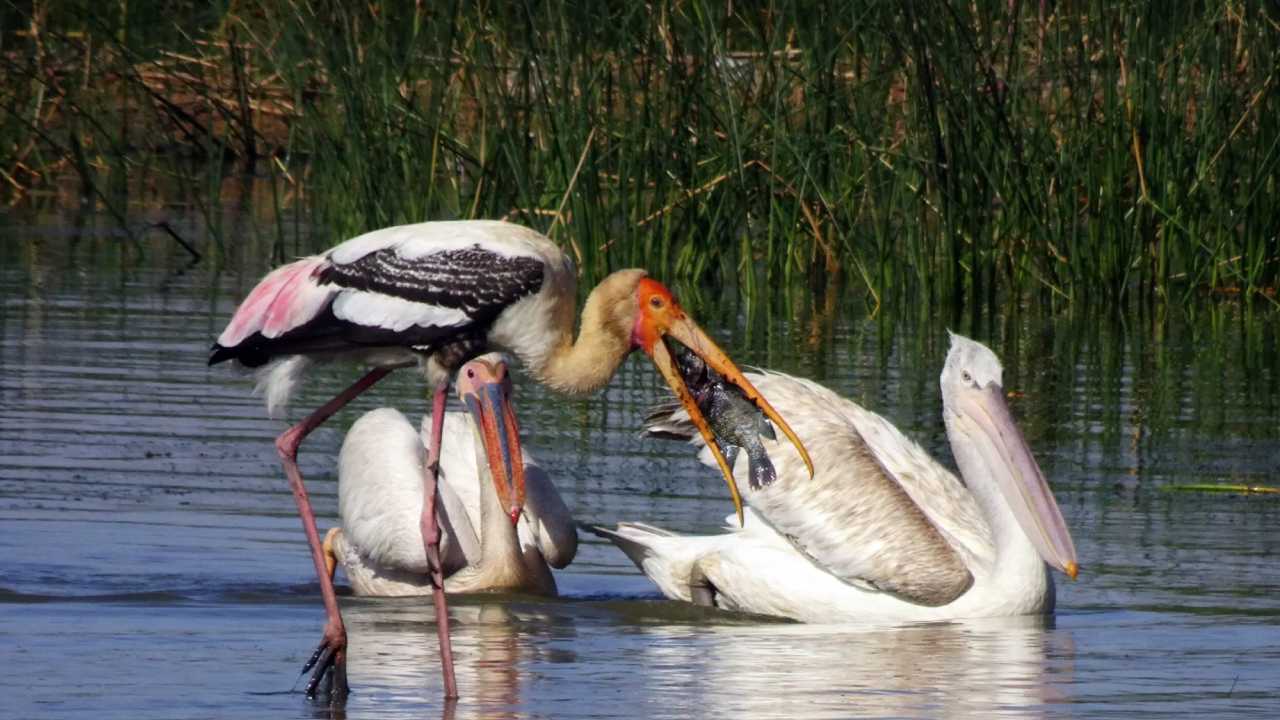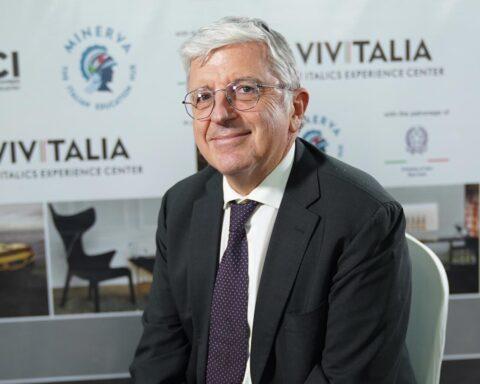Twenty-nine countries have together vowed $5.25 billion for the Global Environment Facility (GEF), boosting international efforts to protect biodiversity and curb threats from climate change, plastics and toxic chemicals through collaborative action this decade.
The new support raises the GEF’s funding by nearly 30 percent compared to its most recent four-year operating cycle. It comes at a critical moment for developing countries whose ability to tackle worsening environmental challenges has been strained by fiscal pressures from the COVID-19 pandemic and rising inflation.
“This successful replenishment is not only important for the programs and projects the GEF supports around the world and the global environmental benefits they yield. It is a strong signal that the international community is ready to work together on the tough challenges that require us all to be at the table,” said Carlos Manuel Rodriguez, CEO and Chairperson of the GEF.
The GEF finances biodiversity protection globally and is a multilateral fund working across all aspects of environmental health. Its financial and policy support helps developing countries meet their obligations under the Convention on Biological Diversity, the Minamata Convention on Mercury, the Stockholm Convention on Persistent Organic Pollutants, the UN Convention to Combat Desertification, and the UN Framework Convention on Climate Change.
Biodiversity protection represents the biggest share of the GEF’s eighth programming period (GEF-8), which will run from July 2022 to June 2026. Its other priorities include addressing threats from climate change, land degradation, and chemicals and waste, and alleviating pressures on the ocean and international waterways, with support for projects and programmes as well as international negotiations and their outcomes.
Since it was launched in 1991, the GEF has provided nearly $22 billion in grants and mobilised another $119 billion in co-financing to address environmental threats and protect biodiverse areas, on land and at sea.
GEF investments have also averted more than 9 billion tonnes of carbon emissions to date and have helped least developed countries and small island developing states bolster their defences against climate change and other threats.

























